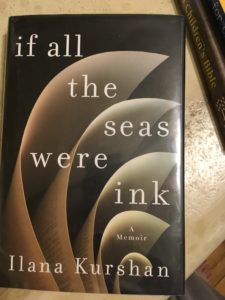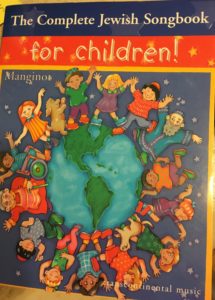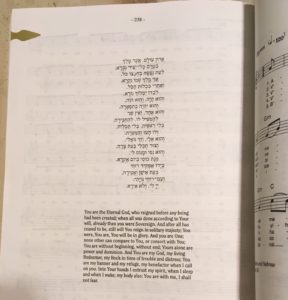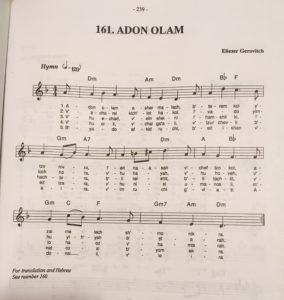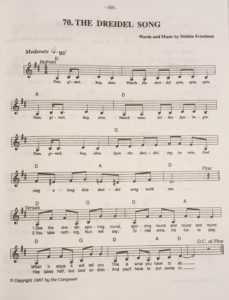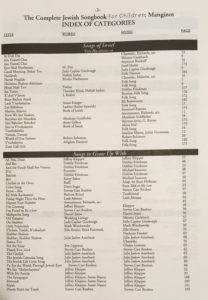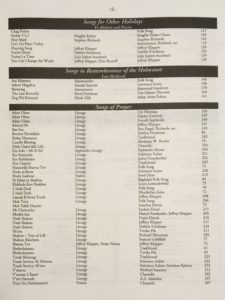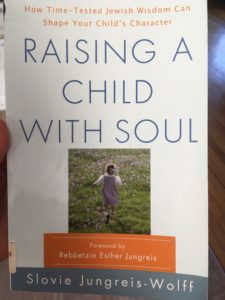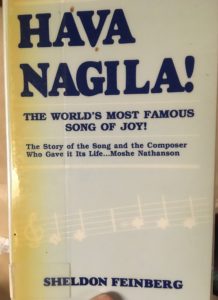This book is the ultimate in Jewish #MotherCulture. It is meta Mother Culture, an inspirational and fascinating story of the process of Mother Culture within one Jewish woman in Jewish texts.
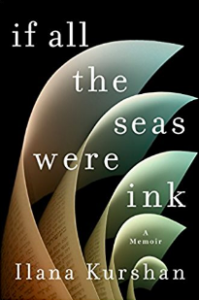
This is the story of Kurshan learning Daf Yomi over the course of about seven and a half years. YEARS. That’s dedication, even before you add in the three children she had in that time.
Kurshan wasn’t a mother when she began her Talmud journey. In fact, her journey was precipitated by her divorce from her first husband. Things were hard, and this helped her through and through all the hard times that came after that.
“Mother Culture” is not a process just for mothers. The way I see it, it’s just more important to encourage in mothers because mothers are the first people to stop their self-education because they’re so busy educating little people. And because the society around us tells us that we should sacrifice ourselves at every turn. If we’re doing something for ourselves, for our own benefit, society says that is selfish and harms our children. Mothers are an at-risk group, in a sense. It is so easy, and so culturally encouraged, to lose ourselves. And so we let ourselves atrophy.
And what could be more “selfish” than something that takes a significant amount of time, daily, for more than seven years?? How many women do you know who are comfortable committing to a daily practice for seven years? I know I don’t feel like I could because what will my life be like then?, I barely have the time now, sure the afternoon is free now but will it be in three months, I could make it work for a little while but what about when the rest of my family when the newness wears off… I could write excuses all day long to not sign up for a seven year program! But really, it’s not for seven years. It’s for today. Maybe tomorrow. Take one day at a time.
We adults, even us mothers, are “born persons,” as Mason would say. Our education, our enjoyment, our growth matters. Simply because we are people separate from our partners and children. Some in our culture try to make a “loophole” for mothers to do such “selfish” things for ourselves like sleep, exercise, and read books, but it’s such a backhanded permission: “your growth benefits your children directly” or “you can take care of yourself so that you’re less snappy at your family.” It’s still always couched in terms of other people’s needs, not ours.
Well guess what. Your needs matter, and your needs are rarely at odds with your family’s. Your needs are just as important as your children’s, and all of you deserve (and have the responsibility to) continue growing and challenging yourself every day. I’m writing this just as much for myself as for any of you. I need to hear it too.
If starting Daf Yomi is something that interests you, you don’t even need to understand Hebrew or Aramaic to learn something. For about a month (sadly only a month), I listened to a really nice podcast that summarizes the day’s Daf Yomi in 5-6 minutes: 5 Minute Daf with Rabbi Shmuel Herzfeld. I still check in from time to time, and this is where I’ll start if I come back to this practice. But don’t worry, I have plenty of other practices keeping me busy right now!
So what are you doing for you?
